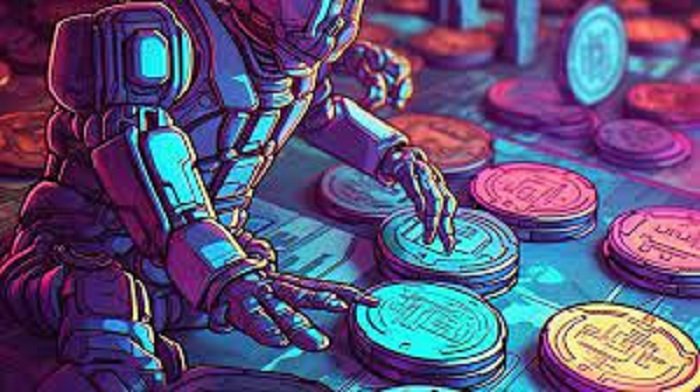In the realm of blockchain and digital technology, the term “token” goes beyond its traditional association with currency. This blog post delves into the multifaceted world of tokens, exploring their diverse forms, functionalities, and the pivotal role they play in the broader landscape of decentralized systems.
Defining Tokens in the Digital Age
- Digital Representations:
In the context of blockchain and cryptocurrency, a token is a digital representation of an asset or value. Unlike traditional currencies, tokens exist on decentralized networks, often leveraging blockchain technology.
- Beyond Cryptocurrencies:
While some tokens serve as cryptocurrencies (e.g., Bitcoin and Ethereum), the term extends to a wide array of digital assets representing ownership, access, or utility within decentralized ecosystems.
Types of Tokens
- Cryptocurrencies (e.g., Bitcoin):
Cryptocurrencies are a type of token that functions as a medium of exchange. Bitcoin, often referred to as digital gold, exemplifies a cryptocurrency token used for peer-to-peer transactions.
- Utility Tokens:
Utility tokens provide access to specific functionalities or services within a blockchain ecosystem. They are used to pay for network services, access decentralized applications (DApps), or participate in governance.
- Security Tokens:
Security tokens represent ownership or investment in real-world assets, such as real estate, company equity, or debt. These tokens are subject to regulatory frameworks governing securities.
- Non-Fungible Tokens (NFTs):
Non-fungible tokens are unique digital assets that represent ownership of distinct items, such as digital art, collectibles, or virtual real estate. Each NFT has a distinct value and cannot be exchanged on a one-to-one basis.
Functionalities of Tokens
Navigating the Crypto Landscape: Understanding ICOs (Initial Coin Offerings)
- Decentralized Finance (DeFi):
Tokens play a central role in the burgeoning field of decentralized finance. From lending and borrowing platforms to decentralized exchanges, DeFi leverages tokens for various financial services.
- Smart Contracts:
Smart contracts, self-executing contracts with coded terms, often involve the use of tokens. Tokens can be programmed to execute specific actions or conditions when certain criteria are met within a smart contract.
- Governance:
Many blockchain projects utilize tokens for governance purposes. Token holders may have voting rights to influence protocol upgrades, changes, or other decisions within a decentralized network.
- Digital Identity:
Tokens contribute to the development of decentralized identity solutions. They can be used to represent and verify digital identity attributes in a secure and privacy-preserving manner.
Challenges and Considerations
- Regulatory Landscape:
The regulatory status of tokens varies globally, posing challenges for widespread adoption. Some tokens may be subject to securities regulations, while others may fall under different regulatory frameworks.
- Scalability and Interoperability:
As blockchain networks grow, scalability and interoperability become crucial considerations. Ensuring seamless token transfers and interactions across different blockchain ecosystems is a challenge that the industry continues to address.
Conclusion
Tokens are the building blocks of the decentralized digital landscape, offering a versatile array of functionalities beyond traditional currency. From revolutionizing finance through DeFi to transforming how we define and trade digital assets, tokens play a pivotal role in shaping the future of technology.
As the ecosystem continues to evolve, navigating the complexities of tokens requires a nuanced understanding of their diverse forms, applications, and the ever-evolving regulatory landscape.

